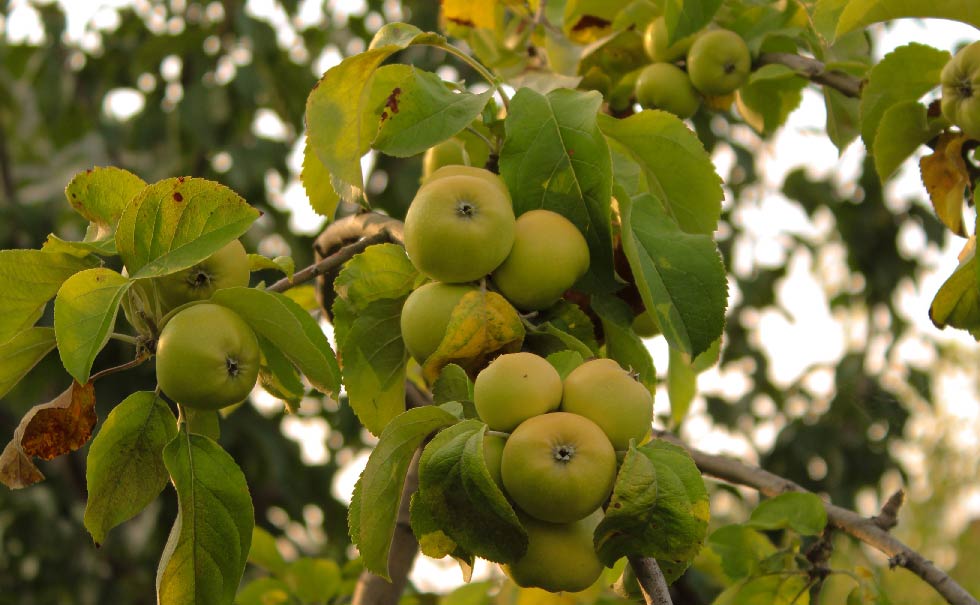Parshat Ki Tavo
Our Parshah begins with the commandment of the Bikkurim, the bringing of the first fruits of the land to the Holy Temple. This commandment is a reminder of God’s goodness and generosity, and it is also a way of thanking God for the bounty of the land.
The parshah then goes on to discuss the tithes, which are a portion of one’s produce that is given to the Levites and the poor, tithes are a way of ensuring that everyone has enough to eat, and they are also a way of showing compassion for those who are less fortunate.
The parshah ends with a description of the blessings and curses that will come to the people of Israel, depending on whether they obey or disobey God’s commandments. The blessings are a reminder of the great rewards that come from living a life of Torah and mitzvot, and the curses are a warning of the terrible consequences of sin.
The gifts of these fruits to the temple, the Levites and the poor are more than just ancient social justice, we are not just giving a physical fruit, we’re also offering gratitude, respect, and recognition of Hashem’s dominion. This act of giving refines our own character, instilling in us humility, gratitude, and ennobles our spirit.
Every aspect of our life, physical and spiritual, can be compared to a ‘field’ from which we harvest fruits of our toil. Offering our first fruits means we bring the best of our actions, the fine ‘fruits’ of our character development and spiritual growth, before Hashem.
Very often it is easier to give our money and buy a solution to a problem, to employ someone to get the job done:
But in the goal of spirituality there is no outsourcing, someone cannot achieve our development for us, that is why the owner of the field (even though he has many workers and fieldhands) must take the Bikkurim himself, the fruits are the ones that are there the first to ripen are symbolic of our achievements and mastery of nature and the profits of efforts and hard labour: ultimately we have to release that sense of achievements to Hashem and understand that all comes only from Him – of course hard work and diligence are needed, but they in themselves are not guarantees of success (only prerequisites).
In Ellul as much as possible we strive to put addition effort into our spiritual lives – we have the custom to come to the synagogue earlier for Selichot, we give extra charity, we do more learning, we pay more attention to the way we treat and speak to others – these expressions are the fruits that we serve Hashem with.
This year, may we not only dip apples into honey but also appreciate our spiritual fruits.
Shabbat Shalom!
Rabbi Jonathan Goldschmidt 2023 ©
www.rabbigoldschmidt.com




